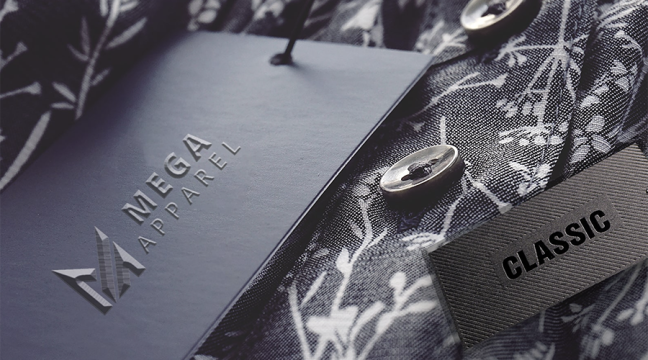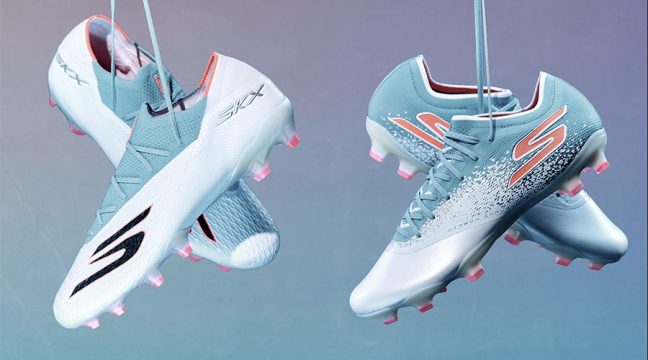The Lycra Company, the manufacturer of sustainable fiber and technology solutions for the apparel industry, will showcase denim samples featuring seed quantities of its renewable elastane — bio-derived Lycra EcoMade fiber — at Kingpins Amsterdam on April 16-17 and offer attendees a virtual experience exploring the product’s journey from farm to fiber.
Set to launch commercially later this year, bio-derived Lycra EcoMade fiber made with Qira will be sourced from annually renewable dent corn from Iowa, offering raw material origin transparency and a sustainable solution to help reduce the environmental impact of apparel. The fiber, “composed of 70 percent renewable content, could potentially reduce the carbon footprint of Lycra fiber by up to 44 percent, delivering equivalent performance to the original Lycra fiber. It is a one-to-one replacement requiring no re-engineering of fabrics, processes or garment patterns,” said Lycra in a media release.
“Our customers and their consumers are increasingly seeking products that not only meet high-performance standards but also align with their sustainability values,” said Arnaud Ruffin, vice president of brands and retail at The Lycra Company. “Bio-derived Lycra EcoMade fiber represents a significant step forward in providing sustainable solutions without compromising on quality, and we are excited to share this innovative fiber with the denim industry at Kingpins Amsterdam.”
The “7 Styles for 7 Days” project at Kingpins showcases how stretch denim made with bio-derived Lycra EcoMade fiber can transform men’s and women’s wardrobes, reducing environmental impact. The exhibit, in collaboration with Diamond Denim, is a part of the Pakistan-based Sapphire Group, to accelerate both companies’ journeys toward decarbonization. The exhibit is on display at each company’s booth at the show.
Bio-derived Lycra EcoMade fiber made with Qira is sourced from annually renewable dent corn from Iowa, offering raw material origin transparency and a sustainable solution to help reduce the environmental impact of apparel.










